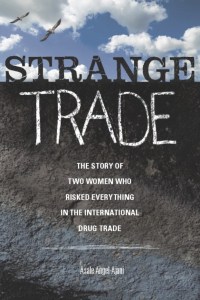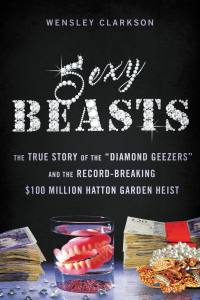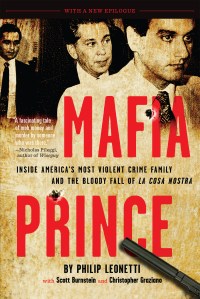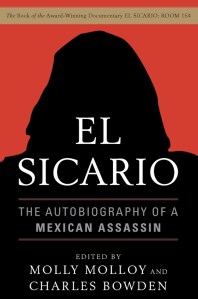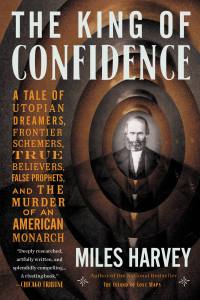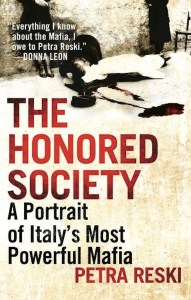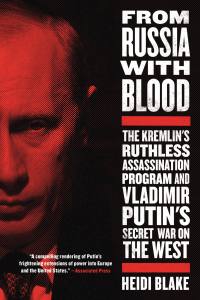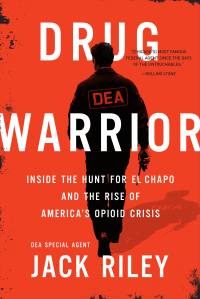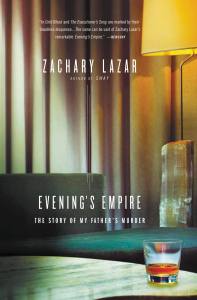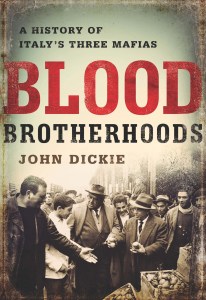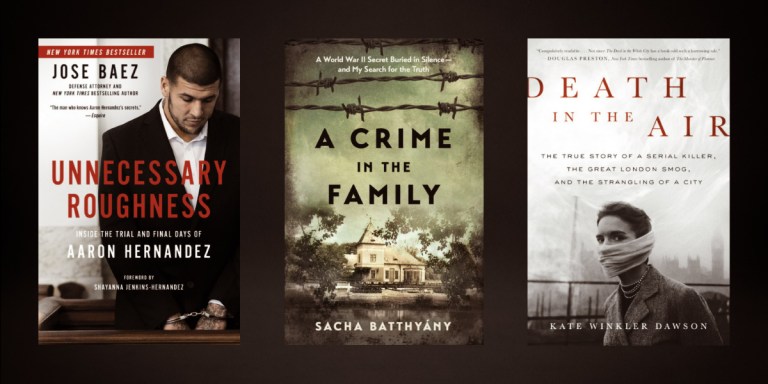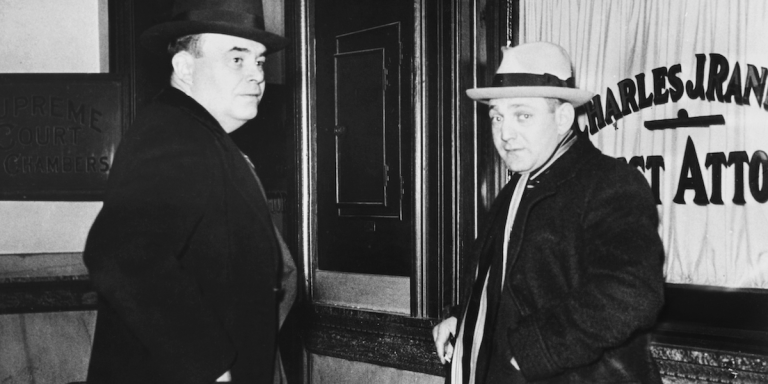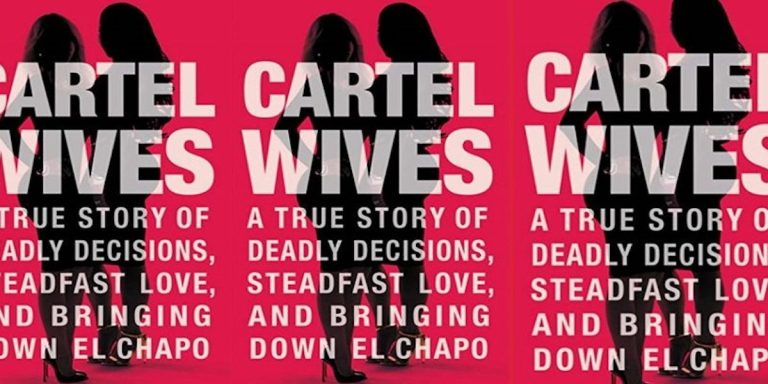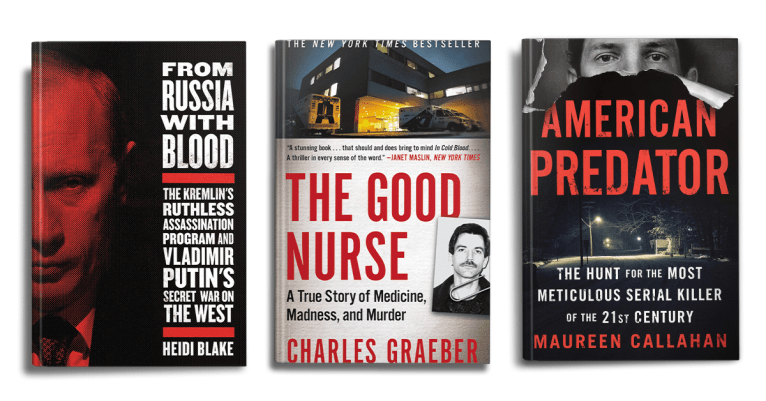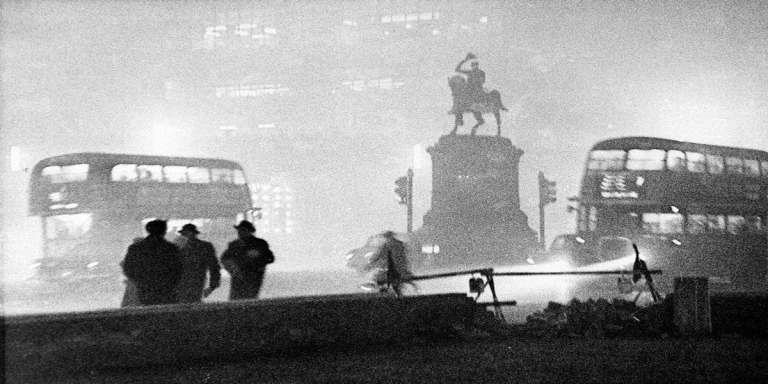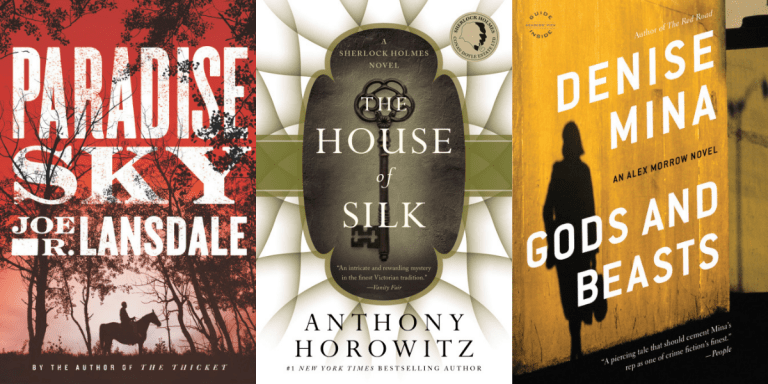True Tales of Organized Crime, Cover-Ups, and Corruption
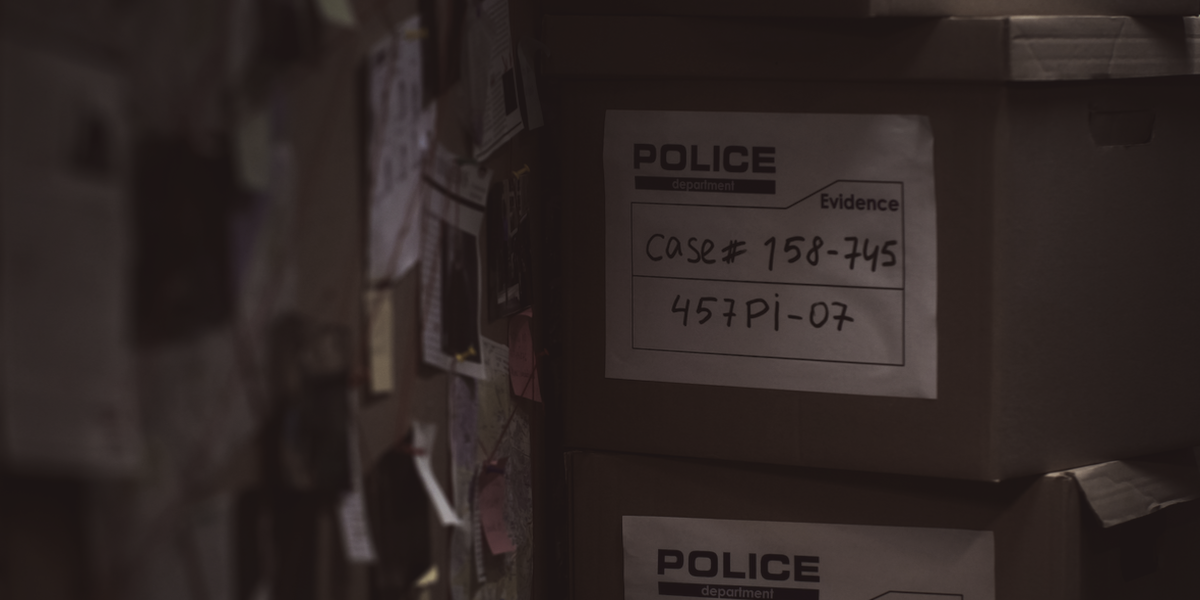
Deadly deals, twisted criminals, and shady government officials—discover the dark truth about the powerful people controlling the world.
A leading expert on women and organized crime, Asale Angel-Ajani spent years interviewing these women in Italy’s notorious Rebibbia Prison—and gained unprecedented access into the narcotics trade. Herself the daughter of a drug trafficker, Angel-Ajani brings a wrenching, deeply personal perspective to the account of these women’s lives, and offers a nuanced understanding of the global context within which African women are entering the drug trade in ever-increasing numbers. Strange Trade follows Pauline and Mary as they traverse three continents, survive wars, poverty, and shattered families, secure drug shipments, and commit murder. Angel-Ajani paints rich, intimate, and profoundly surprising portraits without glamorizing, sanitizing, or offering judgment. The result is an unvarnished journey into a world that, until now, has remained hidden; and a glimpse into the motives that led these women to risk—and ultimately lose—everything.
But where did it all go wrong for this band of old time villains? And how did the gang’s bid to pull off the world’s biggest burglary turn into a deadly game of cat and mouse featuring the police and London’s most dangerous crime lords?
Nobody is better placed to reveal the full story of the Hatton Garden Heist than Britain’s best-connected true crime writer, Wensley Clarkson. Through his unparalleled contacts inside the criminal underworld, he’s finally able to reveal the astonishing details behind Britain’s biggest ever burglary.
The youngest-ever underboss at the age of 33, Leonetti was at the crux of the violent breakup of the traditional American Mafia in the 1980s when he infiltrated Atlantic City after gambling was legalized, and later turned state’s evidence against his own. His testimony led directly to the convictions of dozens of high-ranking men including John Gotti, Vincent Gigante, and the downfall of his own uncle, Nick Scarfo—sparking the beginning of the end of La Cosa Nostra (the insiders’ term for the Mafia, translated as “This Thing of Ours”).
Now, she’s turning the tables on him.
Charged for his involvement in multiple assassinations, including that of his former partner and brother-in-law, Holleeder is finally on trial for murder, all due to the shocking testimony of his own family.
An international bestseller that has sold more than 500,000 copies in Holland, this stunning, edge-of-your seat memoir chronicles Astrid’s terrifying experience working as a double agent, preserving her brother’s trust just so that she could get enough information to put him away for life.
Judas is the intimate account of Astrid’s deeply personal betrayal, set against the backdrop of their haunting family history and the astonishing world of the criminal underground.
From this stronghold he controlled a fourth of the state of Michigan, establishing a pirate colony where he practiced plural marriage and perpetrated thefts, corruption, and frauds of all kinds. Eventually, having run afoul of powerful enemies, including the American president, Strang was assassinated, an event that was frontpage news across the country.
The King of Confidence tells this fascinating but largely forgotten story. Centering his narrative on this charlatan’s turbulent twelve years in power, Miles Harvey gets to the root of a timeless American original: the Confidence Man. Full of adventure, bad behavior, and insight into a crucial period of antebellum history, The King of Confidence brings us a compulsively readable account of one of the country’s boldest con men and the boisterous era that allowed him to thrive.
In The Honored Society award-winning investigative reporter Petra Reski reveals the Mafia menace lurking throughout the world– from espresso bars in Palermo to European halls of parliament to the corporate headquarters of enormous agricultural firms. In haunting and exquisite prose she explores the Byzantine structure of the ‘Ndrangheta, Cosa Nostra and other mafia clans throughout Italy — the code they live by, the destruction they wreak, how they operate within the country and how they operate internationally. She shows how these syndicates dominate everything from nuclear waste disposal to hotel chains to the marijuana trade in Australia and cocaine trafficked throughout the world. Reski shows how figures such as Silvio Berlusconi were made by the Mafia, and how those who dared to defy its codes were broken. A searing portrait of the criminals who have come to control not only Italy but vast swathes of the globe, The Honored Society is a journalistic tour de force.
The spies in the riverside headquarters of MI6 looked on with horror as the scope of the Kremlin’s global killing campaign became all too clear. And, across the Atlantic, American intelligence officials watched with mounting alarm as the bodies piled up, concerned that the tide of death could spread to the United States. Those fears intensified when a one-time Kremlin henchman was found bludgeoned to death in a Washington, D.C. penthouse. But it wasn’t until Putin’s assassins unleashed a deadly chemical weapon on the streets of Britain, endangering hundreds of members of the public in a failed attempt to slay the double agent Sergei Skripal, that Western governments were finally forced to admit that the killing had spun out of control.
Unflinchingly documenting the growing web of death on British and American soil, Heidi Blake bravely exposes the Kremlin’s assassination campaign as part of Putin’s ruthless pursuit of global dominance—and reveals why Western governments have failed to stop the bloodshed. The unforgettable story that emerges whisks us from London’s high-end night clubs to Miami’s million-dollar hideouts ultimately renders a bone-chilling portrait of money, betrayal, and murder, written with the pace and propulsive power of a thriller.
Based on a vast trove of unpublished documents, bags of discarded police evidence, and interviews with hundreds of insiders, this heart-stopping international investigation uncovers one of the most important—and terrifying—geopolitical stories of our time.
Drawing upon a treasure trove of previously secret and undisclosed documents, James Neff has crafted a brilliant, heart-pounding epic of crime and punishment, a saga of venom and relentlessness and two men willing to do anything to demolish each other.
Drug Warrior is the story of Riley’s decades-long hunt for the world’s most wanted drug lord, set against the rise of modern international drug trafficking, and America’s spiraling opioid epidemic. Jack Riley started his career as an undercover street agent in Chicago busting small-time dealers. By the time he worked his way up to second in command of the DEA-a post few field agents ever reach-he had overseen every major mission to capture foreign drug kingpins since the 1990s, and had witnessed first-hand how El Chapo changed the game. As brilliant as he was lethal, Chapo not only decimated his competition, he foresaw Americans’ dependence on opioids and heroin, and manipulated supply to increase demand. Riley’s story culminates as he and the DEA win their greatest victory-the capture and extradition of his long-time nemesis-and Chapo faces his darkest fear: U.S. justice.
In Evening’s Empire, Zachary Lazar, whose novel Sway was named one of the Best Books of 2008 by Rolling Stone, Los Angeles Times, and other publications, brilliantly attempts to reconstruct the sequence of events that led to his father’s murder.
How did Ed Lazar, a fun-loving but meticulous accountant, become involved in a multi-million dollar real-estate scandal involving politicians and Mafia figures? How much did he know about his colleagues’ illegal activities? Why had he chosen to testify against his former business partner, Ned Warren, Sr.? Warren was “a mystery man,” according to 60 Minutes, widely known as “the Godfather of land fraud.”
The day before Ed Lazar was scheduled to appear in front of a grand jury he was killed in a “gangland-style murder,” as reported by Walter Cronkite on the CBS Evening News. Four hundred mourners attended a memorial service for him the next day. Evening’s Empire is based on archival research and interviews—introducing a cast of characters as various as Senator Barry Goldwater and Cesar Romero—and is clarified by scenes imagined in the context of this evidence. It is a singular and haunting story of American ambition and its tragic cost.
Since they emerged, the mafias have all corrupted Italy’s institutions, drastically curtailed the life-chances of its citizens, evaded justice, and set up their own self-interested meddling as an alternative to the courts. Yet each of these brotherhoods has its own methods, its own dark rituals, its own style of ferocity. Each is uniquely adapted to corrupt and exploit its own specific environment, as it collaborates with, learns from, and goes to war with the other mafias.
Today, the shadow of organized crime hangs over a country racked by debt, political paralysis, and widespread corruption. The ‘ndrangheta controls much of Europe’s wholesale cocaine trade and, by some estimates, 3 percent of Italy’s total GDP. Blood Brotherhoods traces the origins of this national malaise back to Italy’s roots as a united country in the nineteenth century, and shows how political violence incubated underworld sects among the lemon groves of Palermo, the fetid slums of Naples, and the harsh mountain villages of Calabria.
Blood Brotherhoods is a book of breathtaking ambition, tracing for the first time the interlocking story of all three mafias from their origins to the present day. John Dickie is recognized in Italy as one of the foremost historians of organized crime. In these pages, he blends archival detective work, passionate narrative, and shrewd analysis to bring a unique criminal ecosystem—and the three terrifying criminal brotherhoods that have evolved within it—to life on the page.
By clicking 'Sign Up,' I acknowledge that I have read and agree to Hachette Book Group’s Privacy Policy and Terms of Use
